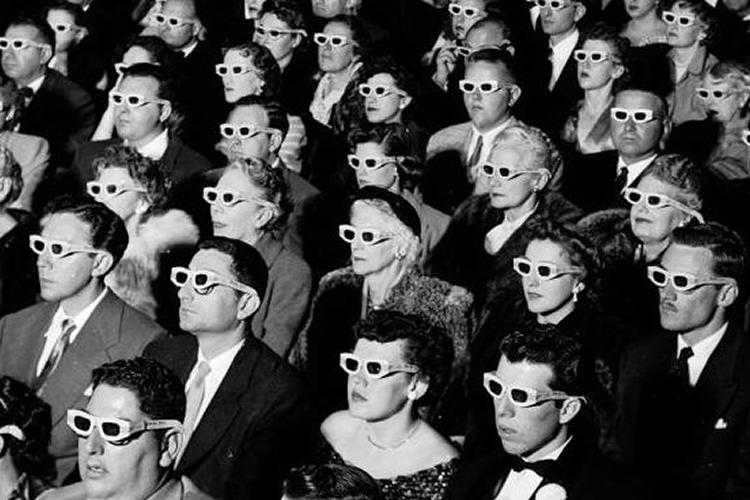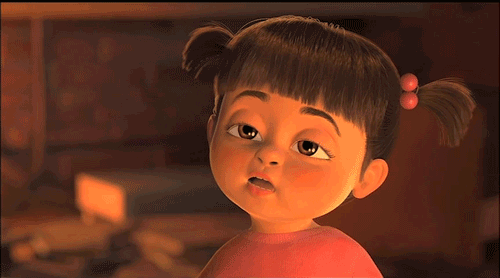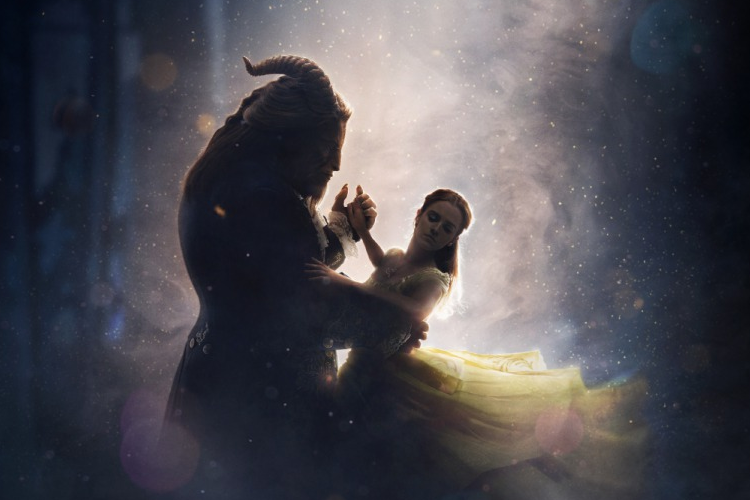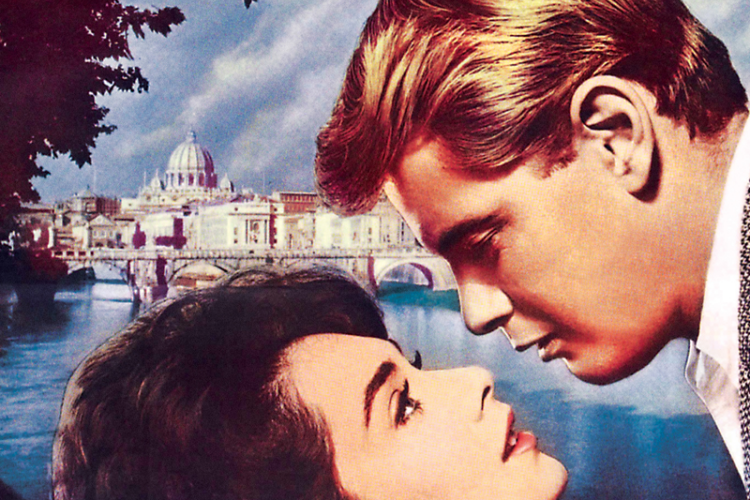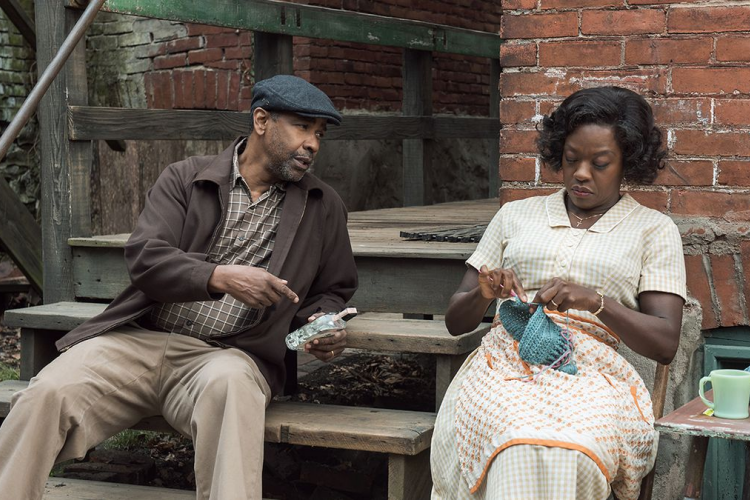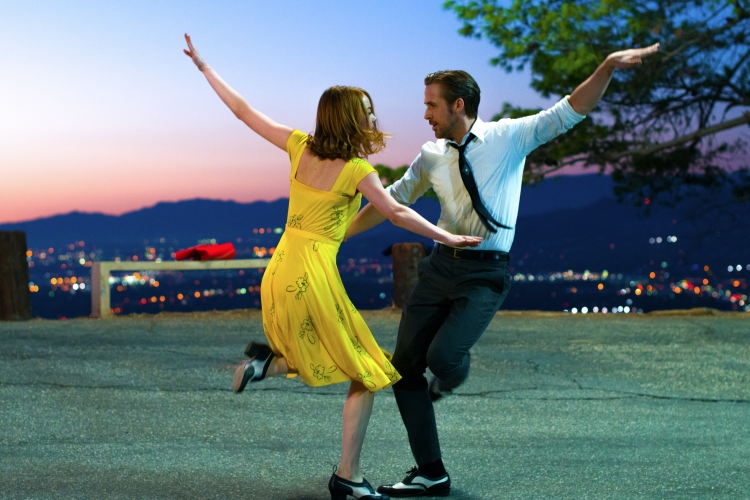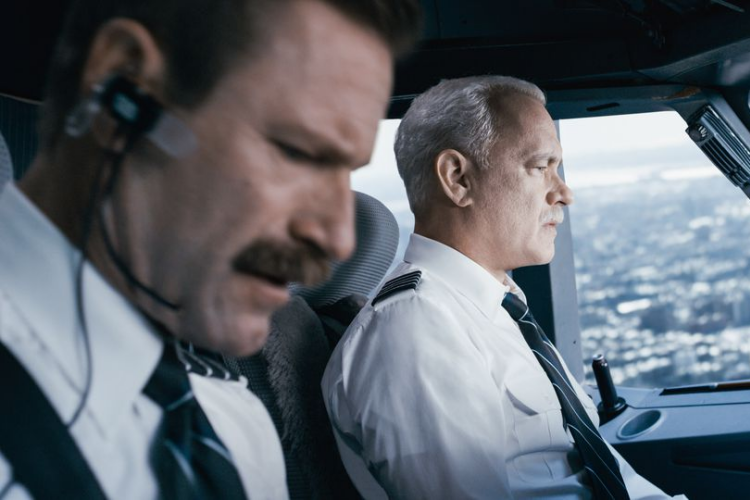 |
| Walt Disney Studios Motion Pictures |
Like the Star Wars movies that came before and will come after Rogue One, the immersive journey relies heavily on ordinary people, Jedis or not, to vie for light, humanity, and goodness against the darker forces threatening the galaxies. This prequel (to A New Hope) relies heavily on Erso to bring a deeper meaning to the cause, but unfortunately, the production and lead character just don't have the force on their side.
Erso has all the makings of a compelling insurgent, but her journey is surprisingly incomplete. Since the space-opera saga is not particularly new with lone heroes destined for greatness, Erso's estranged relationships recycle other similar arcs created over the years. The story itself doesn't commit to original or unique moments besides the basics: Erso is an orphan, henceforth the Death Star must be stopped. As if aware of the movie's ending before giving it away, the production goes through the motions, plucking Erso in between moments of her past to the current cause, and fails to develop her identity in the galaxy.
On the page Erso must've been truly fascinating to helm such an important part of the series, but unfortunately, she's not portrayed in the best light. Felicity Jones serving as the leading lady falls very flat. Perhaps this criticism could be pointed to Gareth Edwards's direction, but Jones struggles with her bearings almost every time she's on-screen. From delivering dialogue to letting the meaning of Erso's determination come across, Jones is often unmotivating, lacking the much-needed chemistry with her castmates. (Other actresses like Emmy Rossum or Jenna Malone could've been much more interesting casting choices.) After quite a few particular dull "rousing" speeches, it's difficult to believe she's the one other warriors want to follow into the battlefield; that presence of a misunderstood loner turned leader isn't there.
Even though Erso isn't as interesting as she could've been, background players for the Rebel Alliance and Galactic Empire have a chance to be the real stars. For the former, we have Diego Luna as Cassian Andor, Donnie Yen as Chirrut Îmwe, Riz Ahmed as Bodhi Rook and Alan Tudyk does a sensational job voicing the sassy droid K-2SO. Together, they create the humorous, heartfelt band of misfits and warriors needed to anchor us to the good side. For the latter, we have Ben Mendelsohn as Orson Krennic, the Director of Advanced Weapons Research who pretty much acted by himself against extras and a creepy CGI incarnation of Peter Cushing. If you're looking to rally for one of the two teams, these guys give the emotional pull the movie deserves.
The script doesn't help by jumping between the Empire, the rebellion, and Erso. The first hour feels as if Disney needed something to fill the gap between The Force Awakens and The Last Jedi, and rushed to deliver this faster than the Millenium Falcon in hyperdrive. So many familiar and new places and characters are supposed to be woven together as if we naturally know everyone and everything in the Star Wars world, but rough edits and hasty dialogue rarely unites the story on the same plane. Parts of the production are wonderfully unique like the muted colors and vast cinematography, and composer Michael Giacchino is a welcome addition to challenging what a Star Wars soundtrack can sound like. What truly makes Rogue One exciting is the final battle against the Empire. Smaller characters and unexpected cameos have some amazing moments to shine and pack a punch. The non-stop action and heartbreaking sacrifices instill all of the feels and entertainment to correct what doesn't initially work. Taking over as the real showstopper, the second hour puts everything on the line and catapults the story into a fascinating finale.
Rogue One isn't the Star Wars adventure I was looking for. As an essential part of the resistance, Erso doesn't compare to her counterparts as much as she could've. If it wasn't for the movie's climatic finale offering the exciting and tragic connection to A New Hope, a lot could've been lost with this prequel. Either from a direction or studio standpoint, Gareth Edwards didn't break free from the other 'prequel-sequel-reboot' mode Disney's churning out. As if Darth Vader had his hands around the production, this installment chokes on its aspirations.
Rating: ★½☆☆
Have you seen Rogue One: A Star Wars Story?
What do you think?
What do you think?






